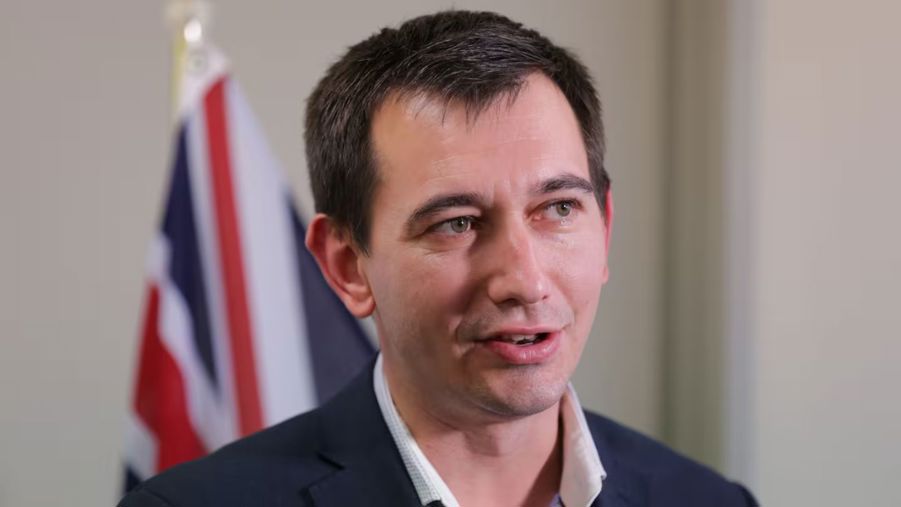In a bid to curb New Zealand's alarming road toll, the Government has launched a substantial $1.335 billion Road Policing Investment Programme (RPIP).
The programme, spanning 2024-2027, aims to ramp up enforcement efforts against drunk and drugged driving, speeding and other high-risk behaviours on our roads.
Police under pressure

Transport Minister Simeon Brown emphasised the Government's commitment to road safety, stating that the RPIP represents a "significant step up in road policing".
However, the programme incorporates a performance-based incentive funding model, with $72 million contingent on police meeting specific targets. This approach underscores the Government's focus on tangible outcomes.
The RPIP zeroes in on key areas identified as major contributors to road accidents. Minister Brown highlighted the devastating impact of alcohol and drug-impaired driving, stating, "Alcohol and drugs are the number one contributing factor in fatal road crashes in New Zealand."
Consequently, the programme sets ambitious targets for alcohol breath testing and introduces roadside drug testing.
Crackdown on speeding and other offences
Speeding, a perennial concern on New Zealand roads, will also face intensified enforcement.
The RPIP mandates a focus on "speeding offences on high-risk roads", aiming to deter dangerous driving practices. Additionally, the programme prioritises enforcing rules around seatbelts, child restraints, commercial vehicles, and distracted driving, particularly mobile phone use.
The $72 million performance-based incentive funding has sparked debate. While Minister Brown asserts that it ensures police focus on delivering results, critics argue that it could create perverse incentives.
The emphasis on meeting testing and offence targets, rather than directly reducing the road toll, has raised concerns about potential unintended consequences.
New Zealand's road safety record is grim, with one of the highest motor vehicle death rates in the OECD. The social and economic costs are staggering, estimated at $7.76 billion in 2023 alone.
The RPIP represents a significant investment in addressing this crisis. However, its success hinges on effective implementation and a genuine commitment to changing driver behaviour.





